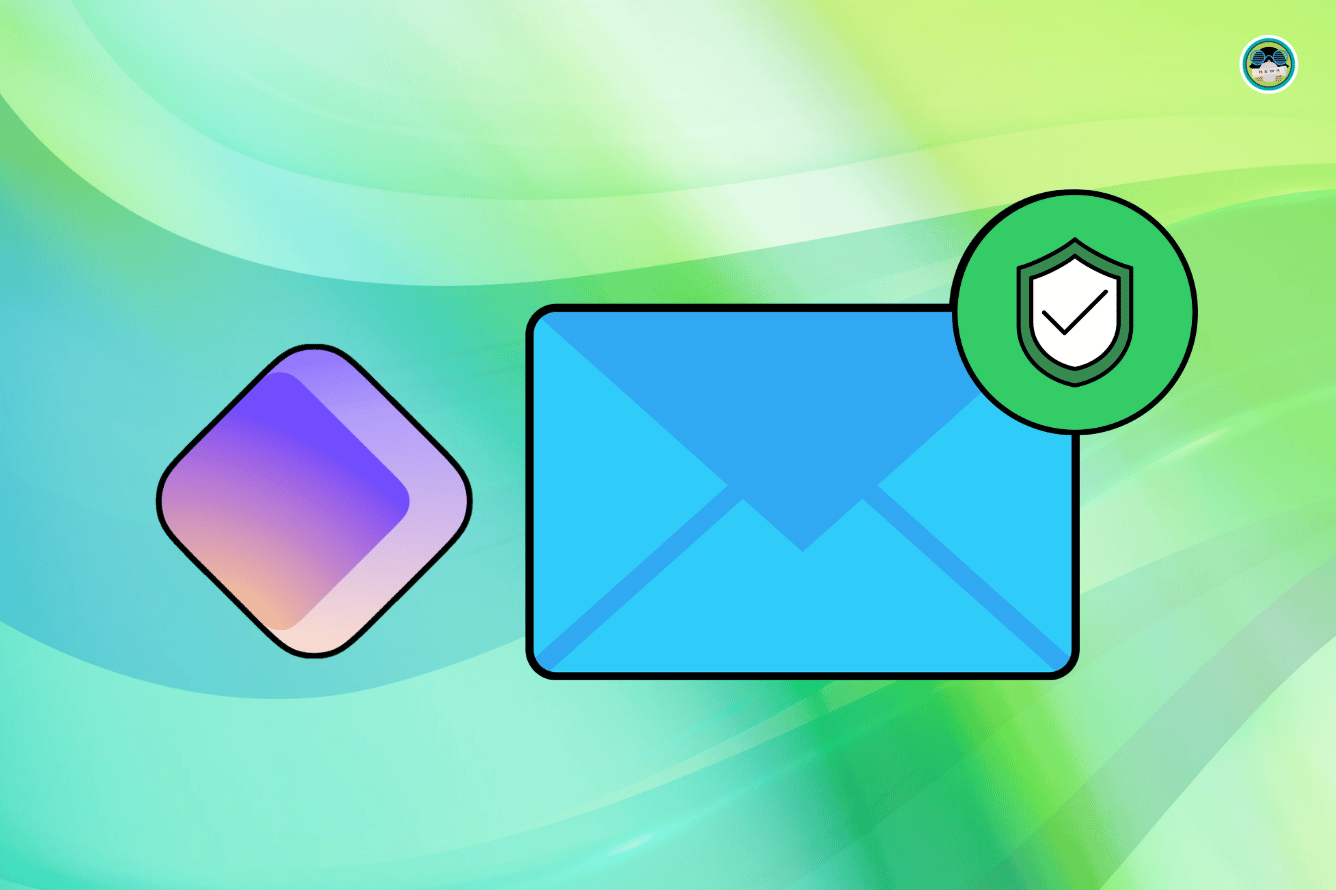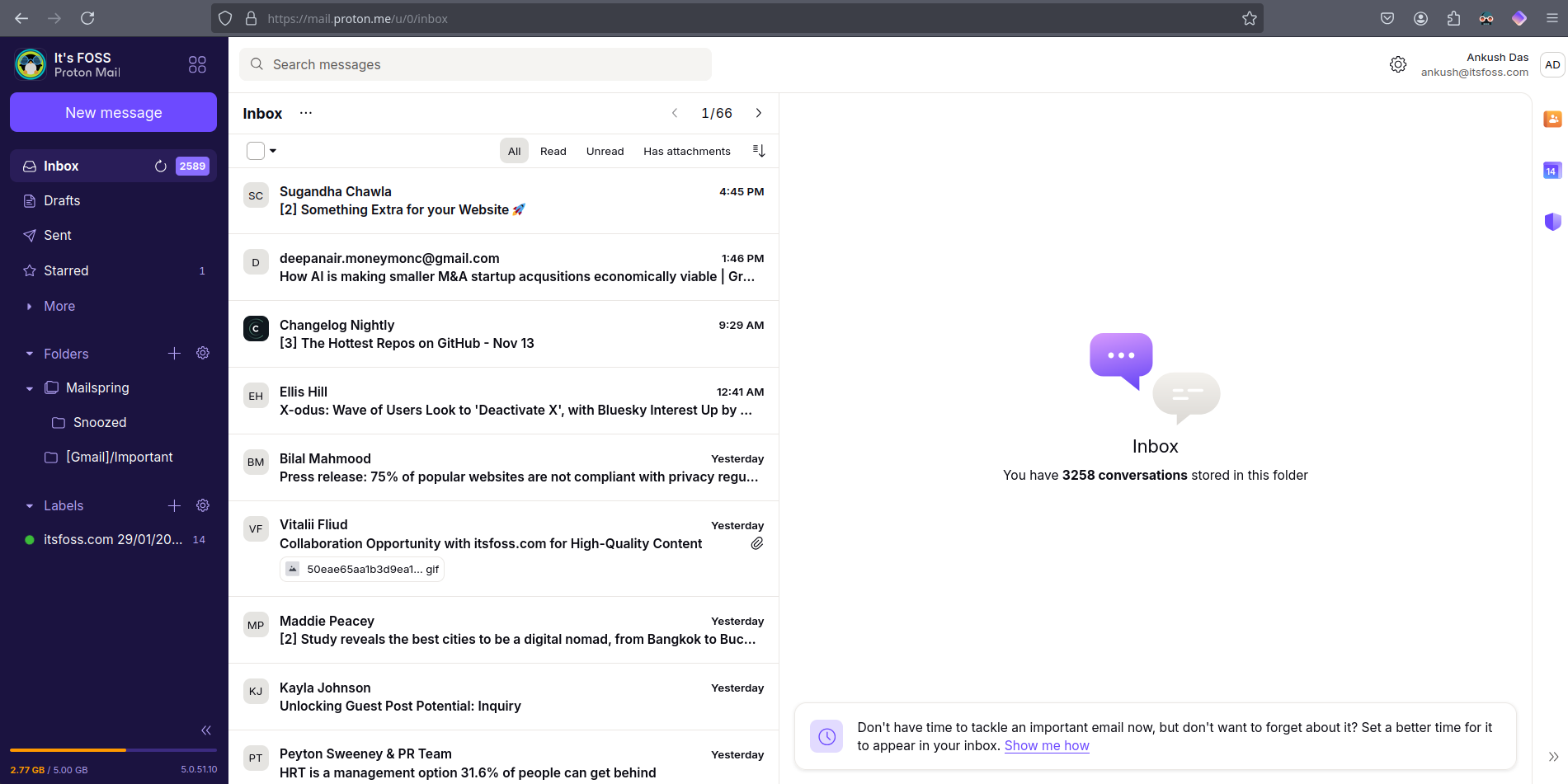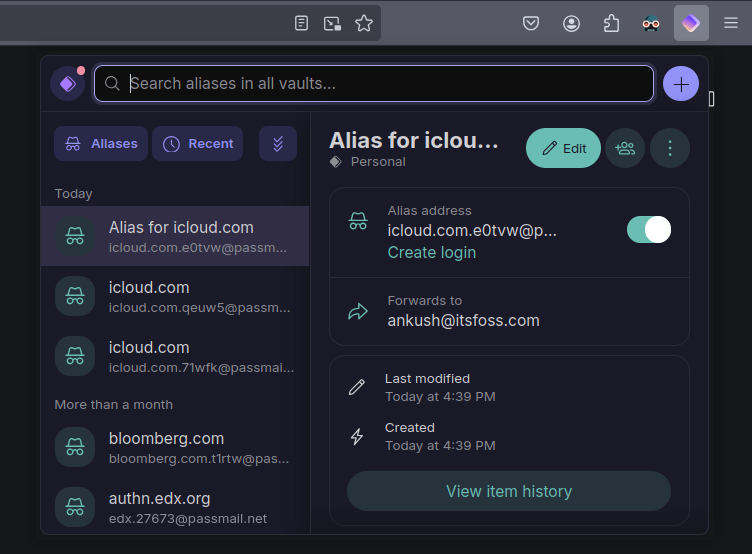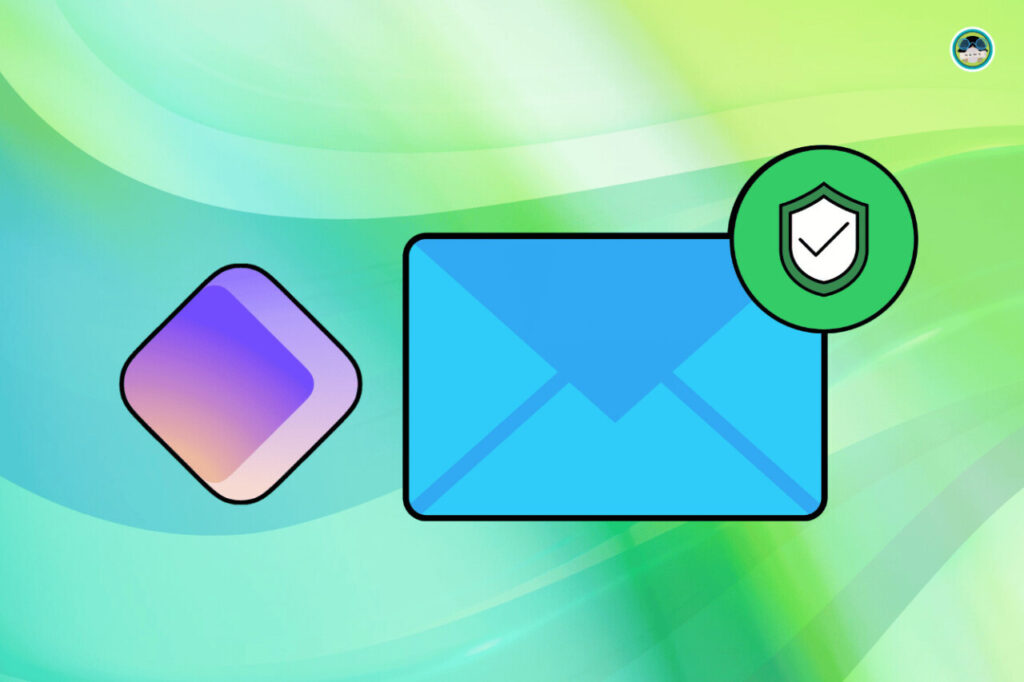
Proton Pass is a becoming a popular open source password manager choice for many.
Undoubtedly, it is a hassle-free option for all Proton users, just like the convenience of Apple/Google’s ecosystem.
Even if you are not a Proton user, it is a pretty capable password manager for all it offers (family subscription, unlimited logins, password sharing, 2FA authenticator, and dark web monitoring).
There is more to it than meets the eye. So, unless you give it a try, you will never know.
Just like I realized that it also offers one feature that I did not care about initially, but it saved my precious inbox — Hide-my-email aliases.
Email Aliases to Hide Real Mail Address
Let’s be practical: there are so many online services out there. Even if we do not need them, we sign up for them in one way or the other. Whether it is a newsletter, a waiting list, or an online account for a service, we share our email addresses with them.
However, not all of them keep their promises, some end up spamming us endlessly or just share our email address with their advertisers/partners for us to get emails we did not expect.
No matter how careful you are, that happens.
In my case, I get emails for all kinds of spammy sponsored posts, SEO promotions, irrelevant PRs, updates to many services I sign up for (to test), and so much more. And, it gets overwhelming to sometimes realize I haven’t cleaned up my inbox.
And, even if I do, my email is out there for the world to see. So, it is not really an ideal situation.
But, you can learn from me, keep your email inbox cleaner, filter out the noise, and keep your real email address private (unlike mine).

The solution is to use dummy email addresses that forward messages to my inbox, without exposing my real email address.
That is a fantastic idea, right?
Well, yes, I can use various email alias services to get the job done.
Or, I can just use the Proton Pass password manager to do it, as an all-in-one solution 🤯
Proton Pass To The Rescue
Proton Pass’s Hide-my-email alias feature is a wonderful addition to the service. It automatically helps you generate email aliases that you can use when signing up.
Here it is in action:
0:00
You can easily create an email alias, copy it to your clipboard, and use it to sign up for any service you want.
Similarly, you can also create a login, and a single incognito symbol lets you create an email alias to the entry, and you can save it by filling up rest of the details.
Once done, you can use the same login details to sign up and log in later.
The email alias shows up in the form of website.com.xyz@passmail.com
While you do not need to remember them all, as it is all safely stored in your password manager when you create an alias or save a login, the names are unique (and yet) comfortable to refer.

What’s more awesome is that: you can disable/enable those email aliases anytime you want.
So, if you signed up for a service that you no longer want to receive email communications from (or if they’re spamming you), just block them in a single click, and be done with it.
Even if they share that email with anyone, it will not reach your inbox. Neat, right?
So, for me, even if I exposed my email address, the services I sign up for in the future, and anything else I do, I can easily stop spam mails, and block the noise.
Good news for you if you have not yet exposed your email address. You will have a much quieter and filtered experience when receiving emails from services and senders online.
Get Started Here
Proton Pass offers a competitive price with most password managers out there. Considering it stands out with its privacy-focused offering, and features, the pricing difference (if any) should be worth it if you like Proton offerings.
Source: Read More

